What €74,000 a year will buy you at Switzerland’s most remote boarding school
Children are often kept indoors as cold weather bites – but do they learn better by braving the chill? At Préfleuri, we discover why a nature-based education offers a true breath of fresh air.
Prefleuri means “meadow in bloom”, which is an apt descriptor for how headmistress Sylvie Ducas treats pupils at the Alpine school that she leads. Tucked away on a single-track road at an altitude of 1,200 metres, Préfleuri isn’t your average Swiss boarding school. When Monocle visits, deer, foxes and squirrels tread tentatively among the season’s first substantial snowfall. In this remote setting, 2km outside the village of Villars-sur-Ollon in the Vaud canton, Préfleuri is a global microcosm.
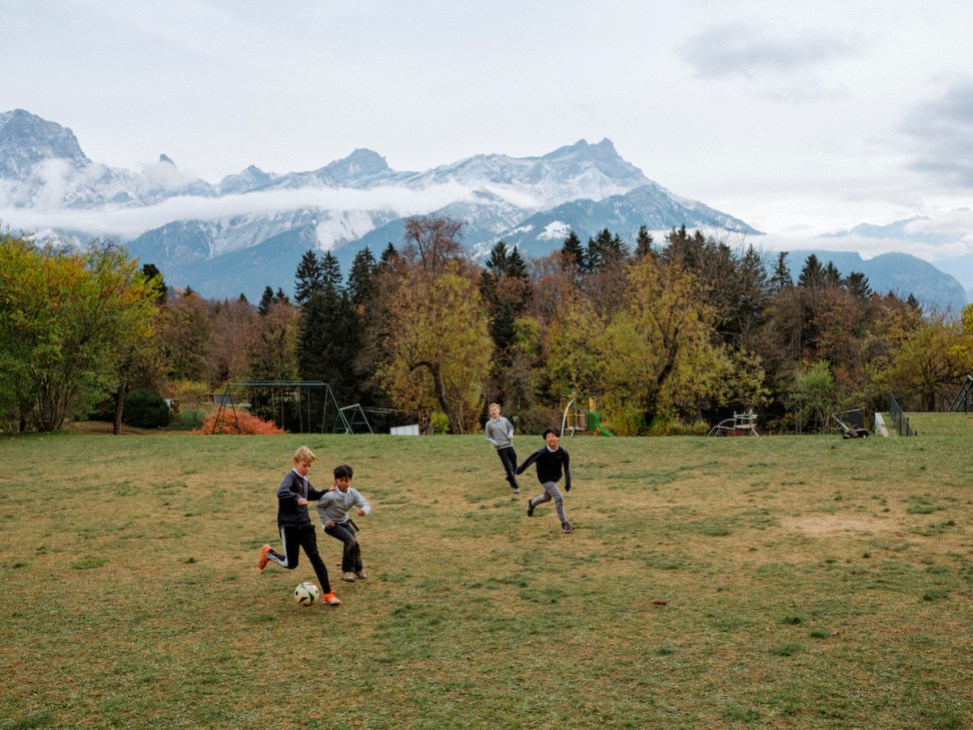
“We welcome children from all over the world to develop, surrounded by plentiful nature where the air is clean and they feel secure,” says Ducas. In the mixed cohort of children aged between three and 13, there are as many as 14 nationalities from around the world.
Established in 1948 by Willam and Lucienne Bonzon, Préfleuri began as a children’s holiday camp on a farm on which attendees were given lessons on flora and fauna for the summer. Ducas, who attended as a child, found comfort in the open-minded, international environment. Since acquiring the school from the Bonzon family in 1996, Ducas, a former teacher, has grown the estate to two hectares and established a year-round academic programme. Fees for boarding seven days a week are CHF70,ooo (€74,000) per annum, but local pupils can opt for day school at CHF17,850 (€19,000).
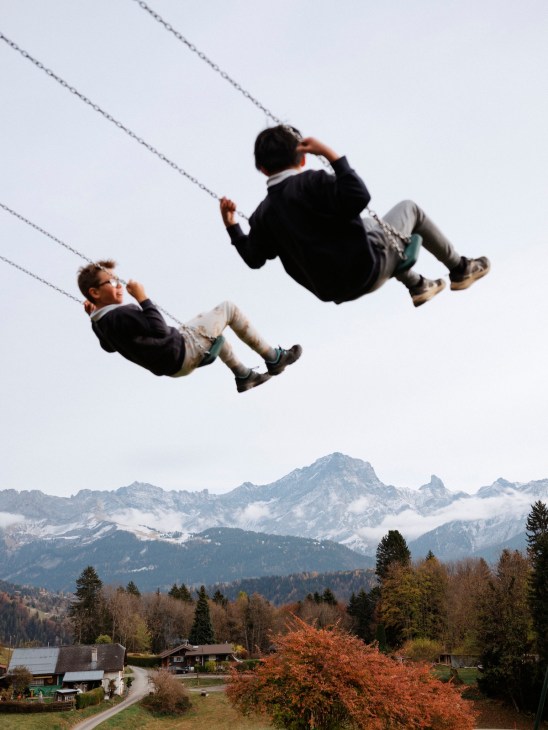
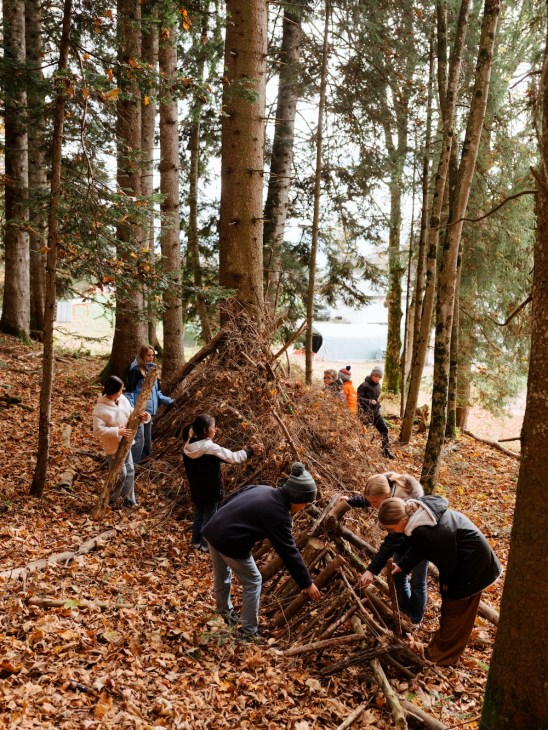
In Switzerland, about 14 per cent of academic institutions are private but with only 5 per cent of Swiss children attending them they are inherently international. Préfleuri’s prestigious standards, compatible with the International Baccalaureate, Cambridge and Delf exams, are popular with Asian families who find their native education systems too rigid. “The Swiss system has a people-centred philosophy and the ability to cultivate internationally minded citizens,” says Wenjing Li, a Chinese parent of two Préfleuri pupils aged five and nine. Both enrolled on the English course after trialling the two-week holiday camp, which involves hiking in the summer and skiing in the winter.
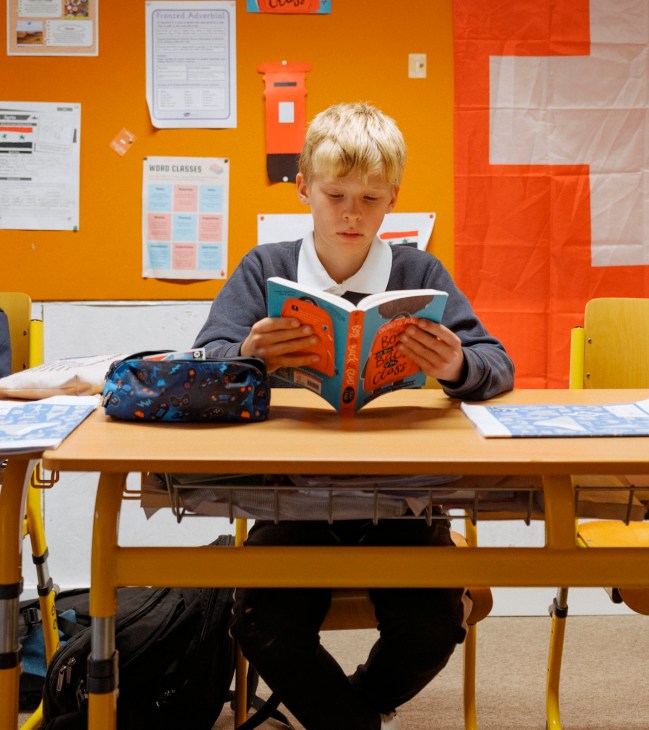
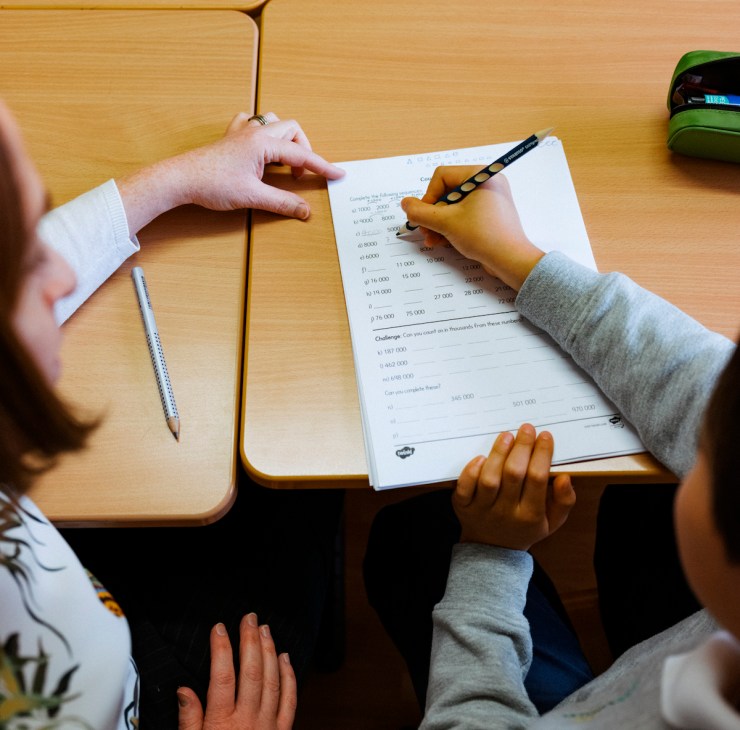
While state-run Swiss schools teach in the official language of their canton (French, Italian, German or Romansh), private institutions can be more flexible. Pupils at Préfleuri choose English or French but are immersed in a bilingual environment in classes no larger than 12 pupils. “Some children arrive here speaking neither language but their language skills develop quickly,” says Ducas. And an academic mindset isn’t the only lesson at Préfleuri. “Nurturing children in Switzerland’s democratic political system can have a defining effect on their lives,” says Ducas.



